
It’s been nearly a week since the stunning collapse of the Assad regime.
The end of more than half a century of brutal dictatorship in Syria is—to state the obvious—a major geopolitical moment. It has embarrassed Tehran; caught Washington off guard; and upended many assumptions about the region.
The fallout is only beginning. In Damascus, the victorious Islamist rebels are attempting to consolidate political power. In a video message Friday, their leader Abu Mohammad al-Jolani, congratulated “the great Syrian people for the victory of the blessed revolution” and invited them “to head to the squares to show their happiness without shooting bullets and scaring people.”
But there’s more to the story than simply a nation rejoicing—however welcome Bashar al-Assad’s departure may be. Many are worried that the latest chaos could allow for the reemergence of ISIS—which explains why America hit ISIS camps in Syria with airstrikes earlier this week. Meanwhile, in the north of the country, Turkish-backed rebels are fighting U.S.-backed Kurds. And in southwestern Syria, Druze villages are voting to request that Israel annex their territory. Indicators of a nation—and a region—in flux.
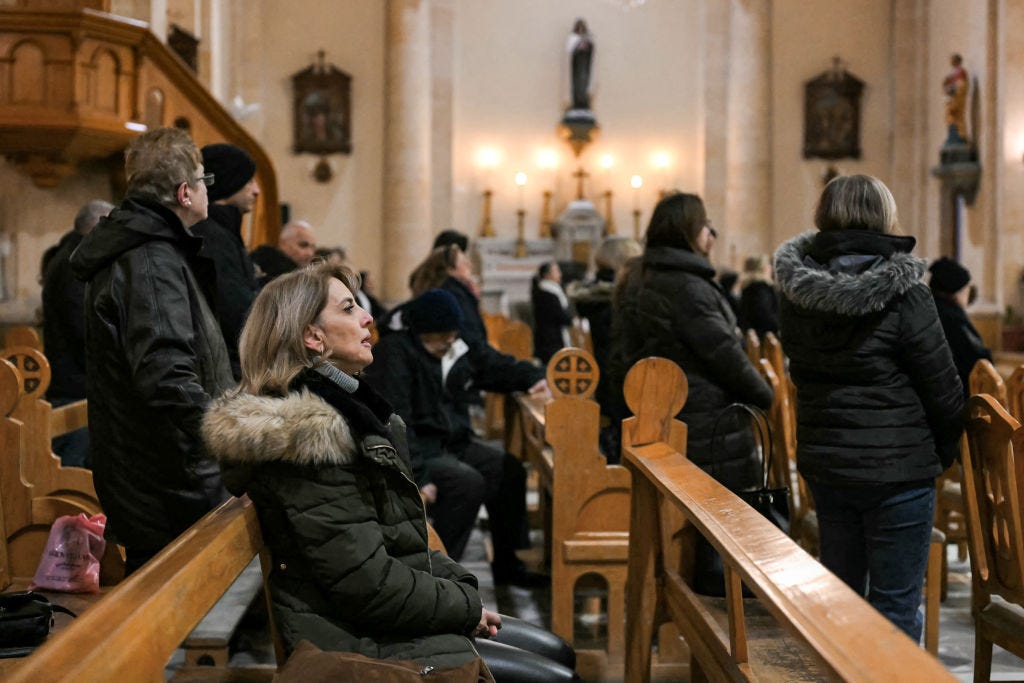
Among those anxiously wondering what comes next are Syria’s 500,000 Christians.
For her report for The Free Press today, Madeleine Rowley spoke to Syrian Christians who are worried about the future. One of them is Elias, a 21-year-old living in Berlin but whose family is in Damascus. “If anything happens to us, do not come back to Syria,” his mother told him in a voice message earlier this week. “Do not come to bury us.”
Elias fears the worst. “We have no reason to trust al-Jolani,” he tells The Free Press. “He is a terrorist.”
Read Madeleine Rowley’s full story on what’s next for Syria’s Christians here.
Many of those looking forward with trepidation are also looking back with horror. In the days since the fall of Assad, the extent of the evil of his regime has come into focus. Nowhere is that clearer than in Sednaya—the regime’s most notorious prison, torture complex, and death camp.
This week, Syrians flocked there to search for missing loved ones—and for a full accounting of the regime’s violent brutality. Our cameraman was among those crowds and, in collaboration with The Center for Peace Communications, we gained unprecedented access to Sednaya and heard from survivors of this factory of death.
Click here to watch our exclusive, firsthand look inside Assad’s most notorious prison.


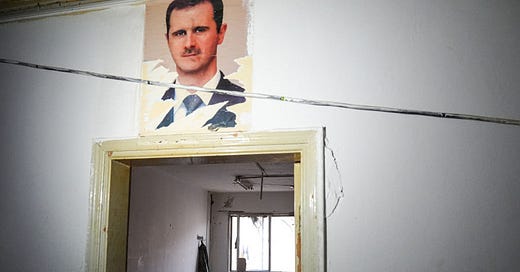


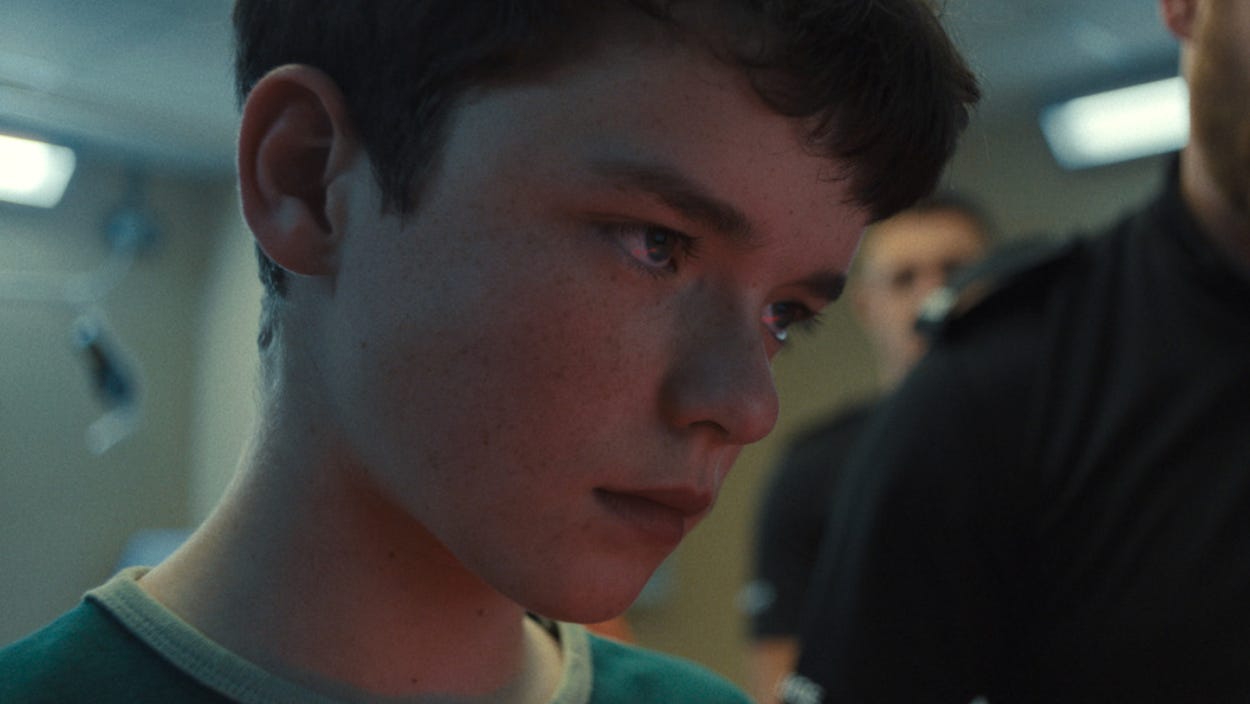

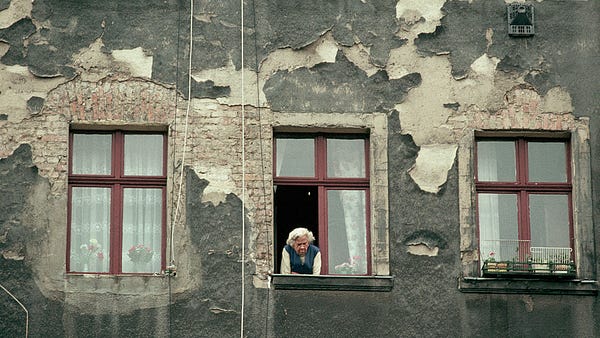

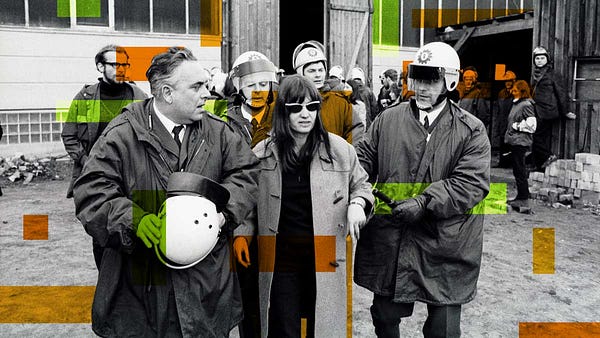

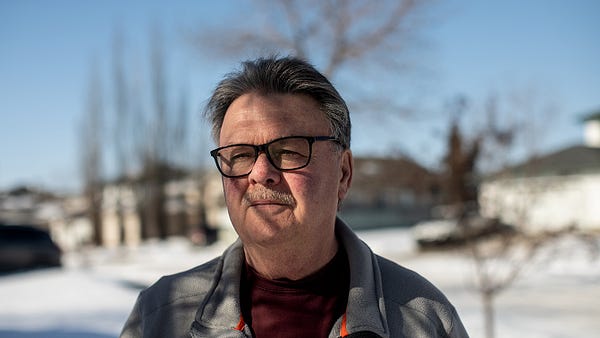


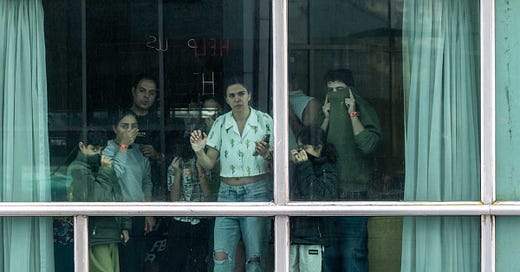
Remember when elite college campuses built tent cities and vandalized campus buildings in response to US aid to Syria while Assad gassed and murdered 400,000 of his own people -at least 30,000 of them children?
Remember when pictures were put up of Christian children missing or murdered by Assad torn down by college students?
Nope. Me neither.
I'll just note that Palestinian Christians have long been fleeing the Levant, and they understand Israel to be just as responsible for everything going wrong as they do radical Islam. If TFP wants to be honest about all of this, they should talk with a variety of such folk, not just cherrypick from those that tell them what they want to hear.
BTW, at that Xitter link about the Druze people, the poster asks rhetorically (and triumphantly): "Will they still call it 'ethnic cleansing' if Israel annexes a village at the explicit request of its residents?" Obviously, no, since to voluntarily place yourself under the governance of another people cannot, by definition, be ethnic cleansing. That the poster doesn't seem to understand that such doesn't apply to Palestinians is baffling to me. I suppose I'm just one of those stubborn members of the "anti-Israel" crowd. (I'm not: I just think honesty is important.) Also, one can decide to side with the lesser of two evils. People do it all the time... then rationalize their decisions after the fact based on stubbornly held beliefs about the world.
In no way can the Palestinians EVER have been said to be voluntarily ruled by Israelis. The people who founded the State of Israel colonized their land, declared a state without their concession, then drove out whoever fought back. It's a founding injustice, just the same as the founding injustices of the United States. But let's all just keep blaming those nasty progressives for not being satisfied with how all of this had been dealt with. "Western civilization" is at stake after all. (Hint: It's long been dead since the Protestant revolution and everything that followed it.)
So just let the blood flow. Eventually one side will be completely wiped out and "peace" can reign undisturbed.